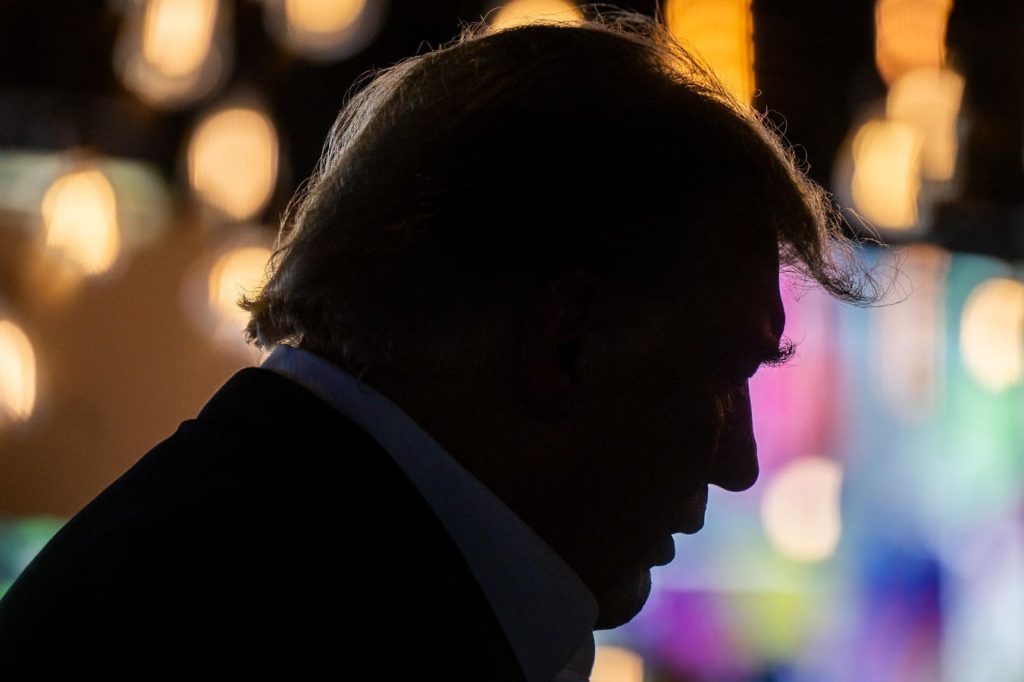In a historic turn of events, former President Donald Trump has been convicted of 34 felonies, marking the first time a former president has faced such charges. The charges stem from a $130,000 payment that Trump hesitated to hand over, leading his lawyer to cover the costs. Despite Trump’s estimated net worth of $7.5 billion, his frugality played a significant role in the underlying crimes.
Prosecutors highlighted Trump’s cheap nature during the trial, presenting testimony from David Pecker, a tabloid executive who agreed to suppress negative stories about Trump during his presidential campaign. The initial deal worked in Trump’s favor, with Pecker spending company money to silence individuals with damaging allegations against Trump. However, when pornstar Stormy Daniels came forward with claims against Trump, both Pecker and Cohen faced challenges in receiving reimbursement for the payments.
Cohen, Trump’s lawyer, faced difficulties getting Trump to repay him for his role in covering up the scandal. Despite promises of reimbursement, Trump reduced Cohen’s bonus, leading to tensions between Cohen and Trump’s Chief Financial Officer Allen Weisselberg. Ultimately, Cohen was promised a total of $420,000, with payments disguised as invoices for consulting services to avoid raising suspicions.
In an unexpected turn of events, Trump named Cohen his personal attorney as president, a position that came with no salary. However, Cohen was able to leverage his title to secure deals worth approximately $4 million. The arrangement began to unravel in 2018 when Cohen’s residence and office were raided by the FBI, leading to a fracture in his relationship with Trump.
Pecker’s testimony at Trump’s trial shed light on Trump’s cautious and frugal approach to money, which prosecutors used to paint a picture of Trump’s willingness to bend the rules to hide illegal payments. They portrayed Trump as a shrewd businessman who was willing to double payments to hide the true nature of transactions. The jury found the prosecution’s argument compelling, ultimately leading to Trump’s conviction on multiple felony charges.
The trial showcased Trump’s approach to finances and his willingness to navigate legal gray areas to achieve his goals. Trump’s reluctance to part with money, coupled with his desire to maintain a public image, played a crucial role in the outcome of the trial. Despite his wealth, Trump’s legacy now includes a felony conviction, setting a precedent for future cases involving high-profile individuals and financial misconduct. The trial serves as a stark reminder of the consequences of prioritizing financial gain over ethical practices.


